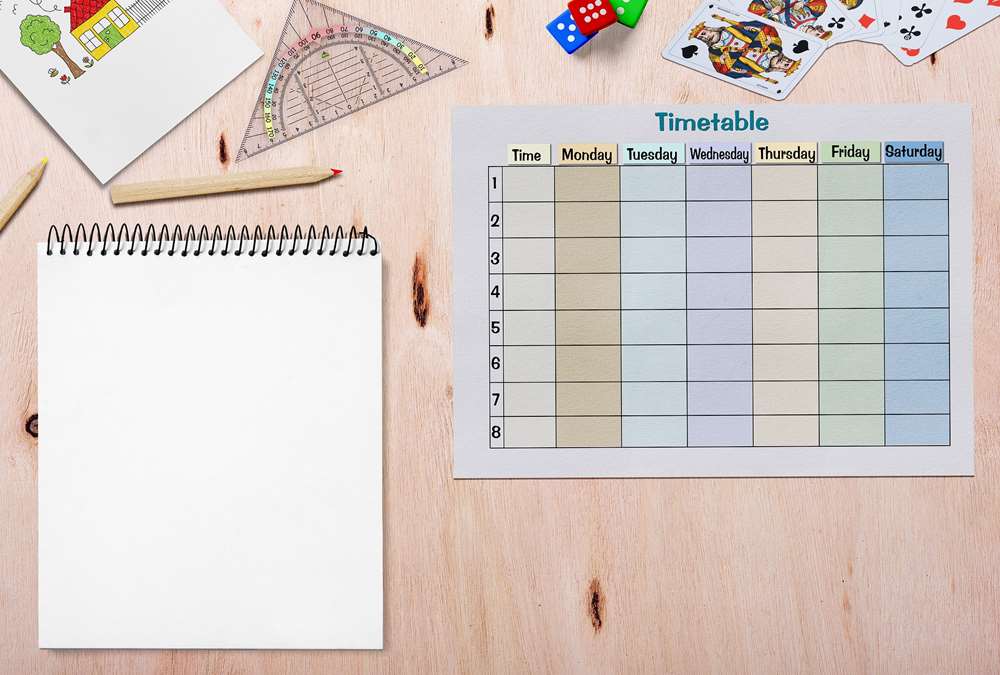
After studying and analyzing how time is spent, why time is wasted, and where time is wasted, you need to decide what changes are needed for effective use of time. For this purpose, a large number of remedial measures can be taken by you. The first and main determinant of a planned and targeted use of time is to develop an awareness of the value of time at all levels of the organization. Goal setting planning and priority setting should be addressed immediately.
Awareness of the value of time
The first and main determinant of a planned and targeted use of time is to develop an awareness of the value of time at all levels of the organization. Once you realize the value of time as a valuable, non-renewable resource and develop the skills to manage your own time for better use, chances are you’ll be able to inspire your team to do likewise.
The better you know yourself, the easier it is to set personal goals. If you spend time analyzing yourself, you will become more aware of your likes and dislikes; what is more important to you and what is less important. You will then be able to identify where to direct your efforts, which in itself is the foundation of a long-term personal plan. You are likely to have an opinion on how you work. But have you ever thought about this in detail? Such critical self-analysis can provide very useful information.
Appropriate planning and goal setting and prioritization
You have now spent some time reflecting on the way you work and the resources underlying this behavior. There will be strengths to build on and weaknesses that will require some attention. Such knowledge will allow you to be more efficient in managing your time.
Planning is one of the main functions of management. At the planning stage, based on objective realities, decisions are made about what should be done, how and by whom it should be done, and what is the available time frame in which it should be done. You can categorize the goals to be achieved during the plan period as follows:
- High priority (must be completed)
- Moderate priority (must be completed)
- Lower priority (could be dropped or temporarily dropped)
You also need to prioritize among the various long-term, intermediate, and short-term goals, as the time period available may not be enough to achieve all of the goals at the same time. Consideration should be given to the likelihood of crisis situations requiring additional time such as droughts, epidemics, etc. Planning should be such that normal time-bound activities are least disrupted. When this consideration is overlooked during the planning stage, the crisis gets worse and you have to spend a lot of time working on countermeasures and remain under stress.
The goals you set should encompass both work and play. Only when you have an idea of what you want to do with your life can you decide what to spend your time on. It is not easy to define personal goals. A goal should motivate you to act and provide some direction to your efforts. The following points are worth considering when setting meaningful goals.
- Goals should be written down.
- Goals should be specific, achievable and measurable.
- Goals should have a timeline.
- The objectives must be compatible with each other.
Delegation of responsibilities
As a manager, you can have more time by delegating responsibilities to subordinates. The selected subordinate should be allowed to make independent decisions while delegating authority so that you can profitably use valuable time for more important work.
Conduct productive meetings
Meetings are necessary as part of the job. But as explained earlier, unproductive meetings are responsible for wasting valuable work time. To reduce this waste of time, the number of these unproductive meetings must be reduced to a strict minimum. The purpose of any meeting should be clear and well communicated to participants in advance. Meetings should be scheduled at locations and times that facilitate early participation of the greatest number of participants.
Controlling the time that discussions, deliberations and questions take is an important part of a meeting. As organizer or chair, you must be very careful not to allow irrelevant or unforeseen points into the discussion process. The meeting must start and end within a set time.
Manage visitor problem
Managers should not use an “always open door” policy to greet visitors in order to successfully control their working time. Fixed times should be set for meeting visitors and even subordinates. It is always helpful to schedule a time each weekday for the junior staff involved to discuss their issues and the progress of ongoing activities.
Use efficient devices to improve time utilization
The habit of practicing simple but effective ways to plan a purposeful use of time can help. Keeping a pocket calendar makes it easy to accurately and efficiently plan appointments, assignments, and time-bound obligations. Keeping a to-do list today on a notebook will allow you to go about your daily tasks smoothly without unnecessary last-minute rushes or other people waiting for your arrival or instructions.
To develop time-saving practices, internal procedures for common and recurring situations could be used.
Planning schedules
In an organization, various types of activities are performed to achieve specific and time-bound goals. Good planning is essential for coordinating activities and for the targeted and effective use of employee working hours.
Related links
You May Also Like Time Management Skills | Time management process | Reasons for wasting time | Tips for effective time management | Assess your career values | Consequences of stress | Dealing with stress at work | Is stress always bad? | Know yourself and your values | Overview of Stress Management | Recognize stress and its sources
Creation date Tuesday, October 20, 2020 Views 3396
